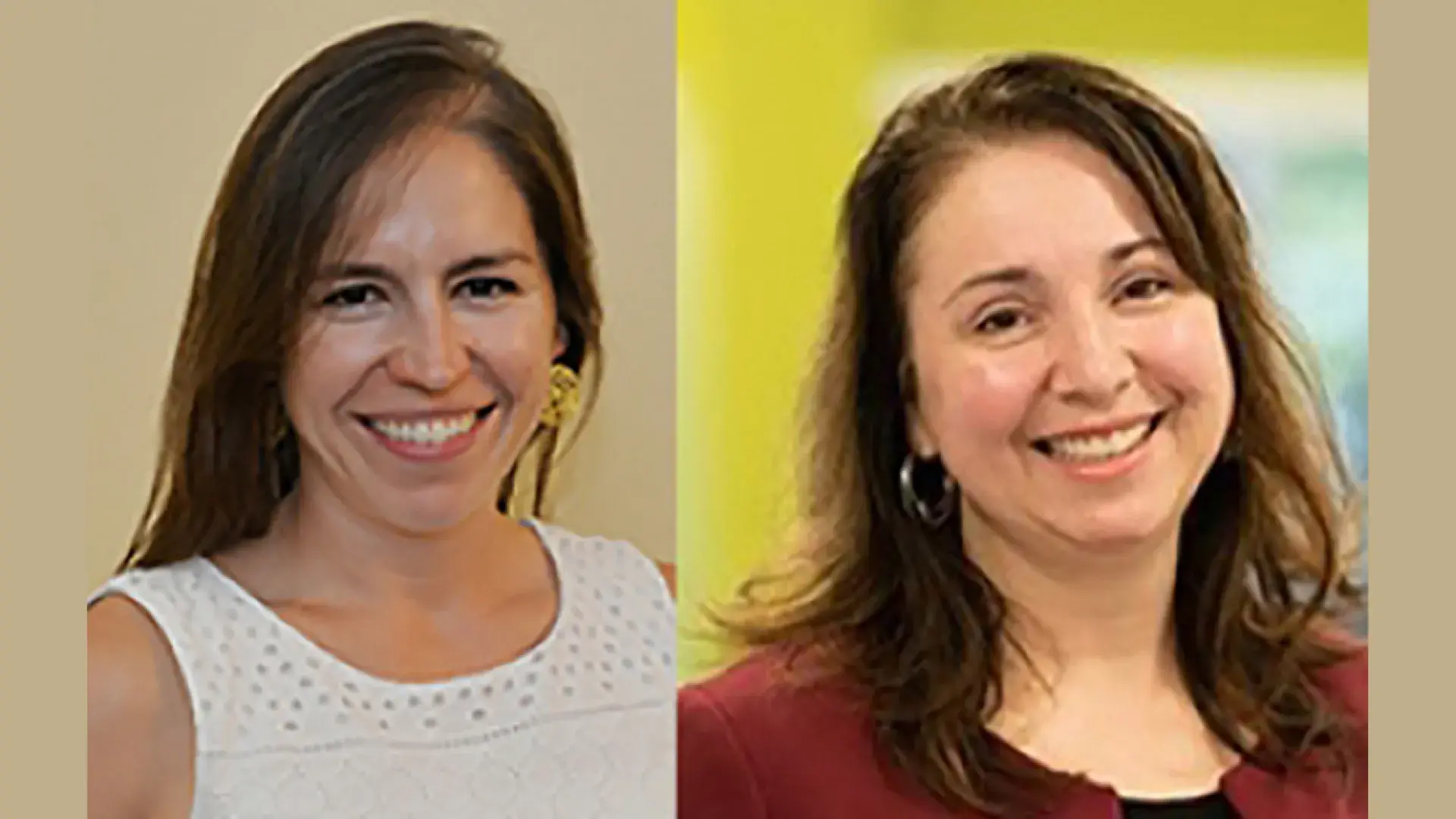
There’s research, and then there’s implementation of that research into practice. Invariably, there’s a significant gap in between – sometimes by a decade or more.
“There’s a very famous study that says it takes about 17 years for only 14% of research to get into practice,” said Dr. Tiffany P. Hogan, researcher and director of the MGH Institute of Health Professions’ Speech and Literacy (SAiL) Lab. “And that's when it’s really good research."
She continued: “This nearly 20-year gap shows that we have a lot of work ahead of us to understand how various systems and factors prevent the translation of evidence into practice. It also shows the need to identify ways to accelerate the application of evidence-based practice.”
Enter the concept of implementation science – the study of how to close the research to practice gap. A first-of-its-kind conference being sponsored by the Boston graduate school has attracted some of the biggest names in communication sciences and disorders.
“Implementation Science IS For All: A CSD Practice-Research Exchange” will be a two-day virtual conference held on April 28 and 29, 2022.
“We have the people in our field presenting who can talk about implementation science because they are doing the work, and that’s a neat part of what we’re doing with this conference,” said Hogan, who will be among several experts who will present. “A lot of times research is done in ideal situations and then you're supposed to fit it into the messy context of real life which typically doesn’t work. So, implementation science is a set of approaches that researchers and clinicians can use to increase the contextual fit of evidence-based practices. It also promotes partnerships between clinicians and researchers from the beginning to guarantee that whatever researchers produce is meaningful to clinicians and leads to equitable outcomes in people with communication disorders.”
Implementation science is not a new concept – the medical field has been utilizing it for years with researchers realizing that if they did things without understanding how it would affect patients, it wouldn’t work as well as it could. The CSD field has been realizing the same over the past decade, but there hasn’t been a conference dedicated solely to its use. Until now.
The hunger for this kind of gathering is palpable; nearly 400 clinicians and researchers have registered from all over the country and from Australia, Brazil, the United Kingdom, and Ireland. The goal is to shave years off the gap between the research finding and putting it into practice.
“If you do implementation science really well, the impact can be almost immediate,” said Hogan. “If you develop the process up front with the clinicians, then all the little decisions you make about the intervention will automatically fit in to the practice. The closer it matches the clinical context, the more likely it's going to be instantly implemented and sustained over time.”
The conference, which was co-organized by Hogan and Dr. Sofia Vallila Rohter of the MGH Institute’s Cognitive Neuroscience Group, will cover pediatrics to acquired disorders in adults. Equity and access to implementation science are themes woven throughout the two days. A podcast recorded by Hogan and Dr. Rouzana Komesidou, a post-doctoral fellow and collaborator of Hogan, is required listening for attendees to prepare for the two-day gathering.
The hope is to turn this inaugural conference into a regularly scheduled event. A White Paper and NIH grant request for the conference may follow.
“We've had a few people that have worked in implementation science talk to us about making the MGH Institute a place where we house information about an implementation science center in our field,” said Hogan. “That’s very exciting.”
